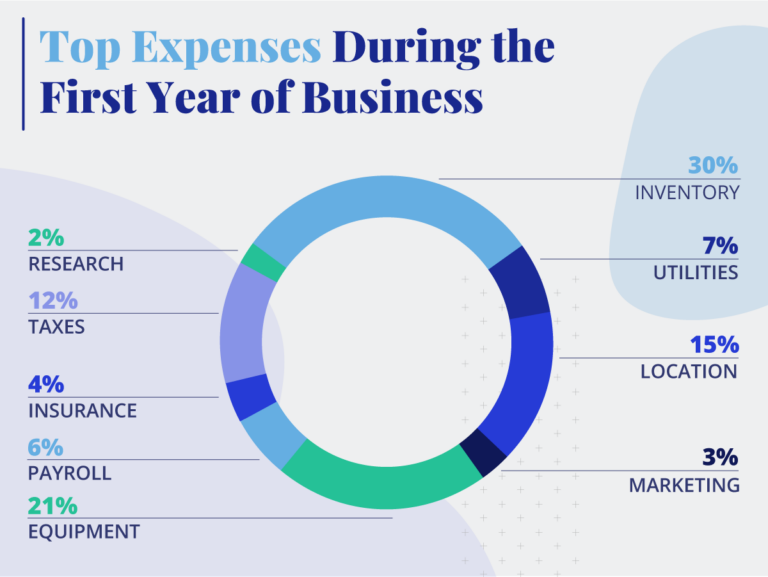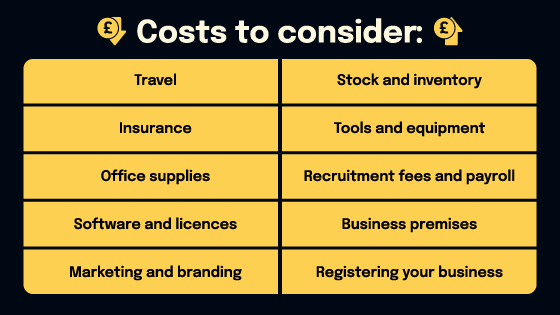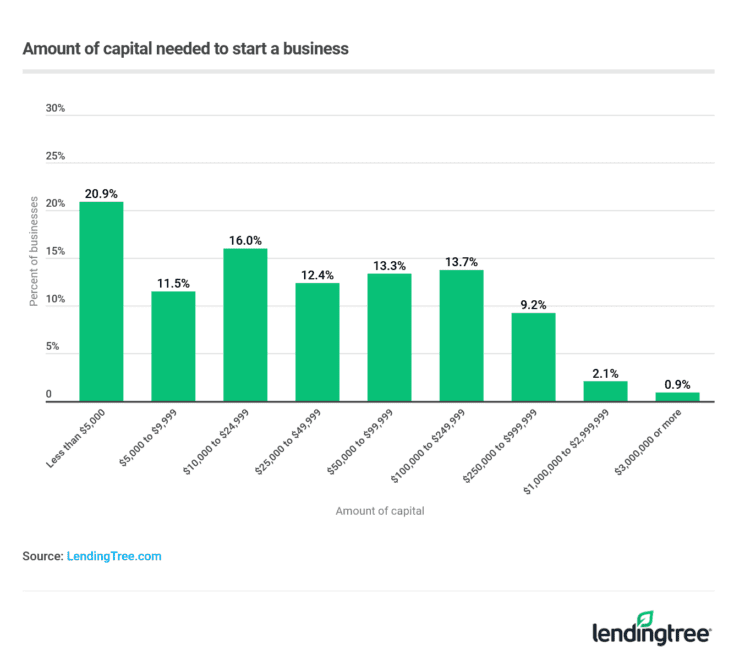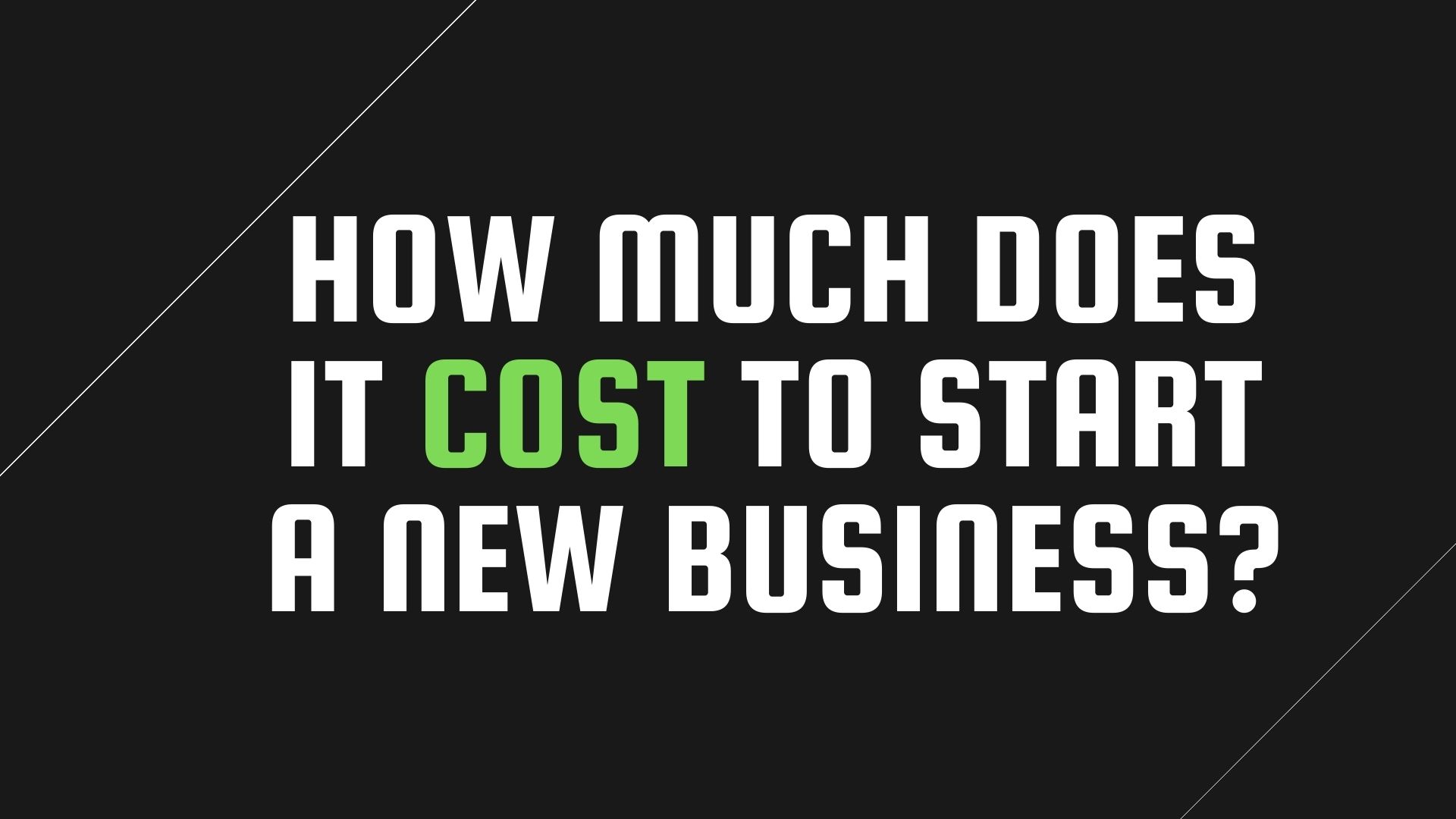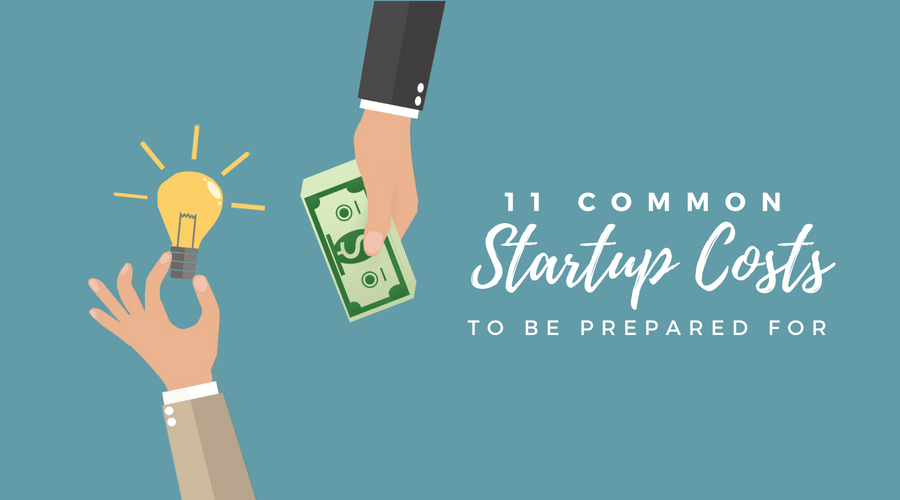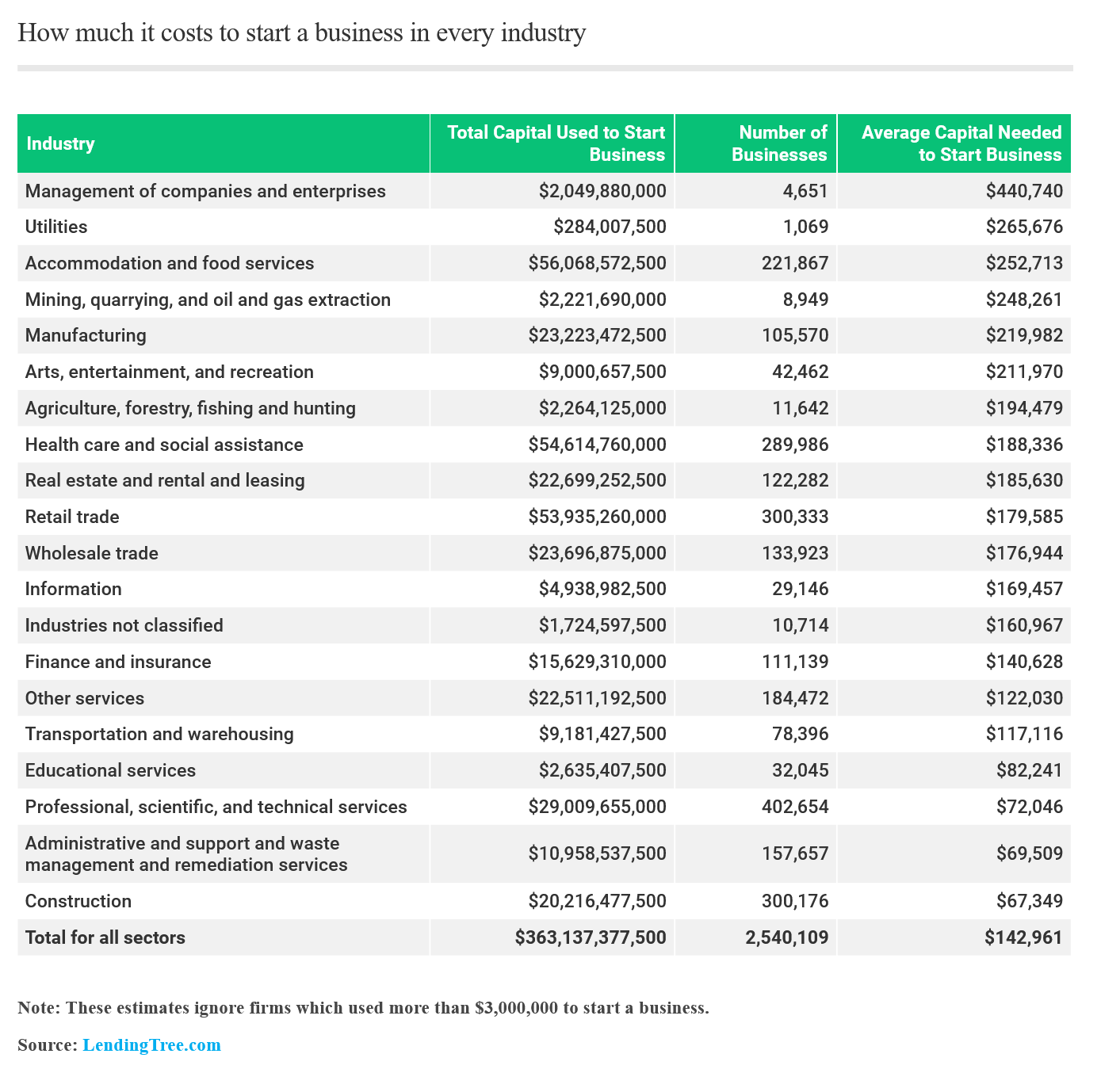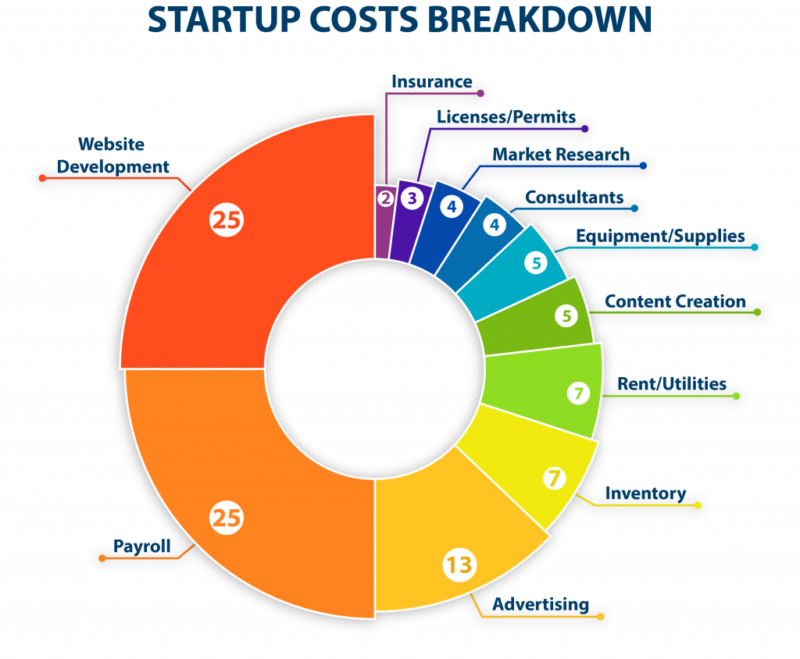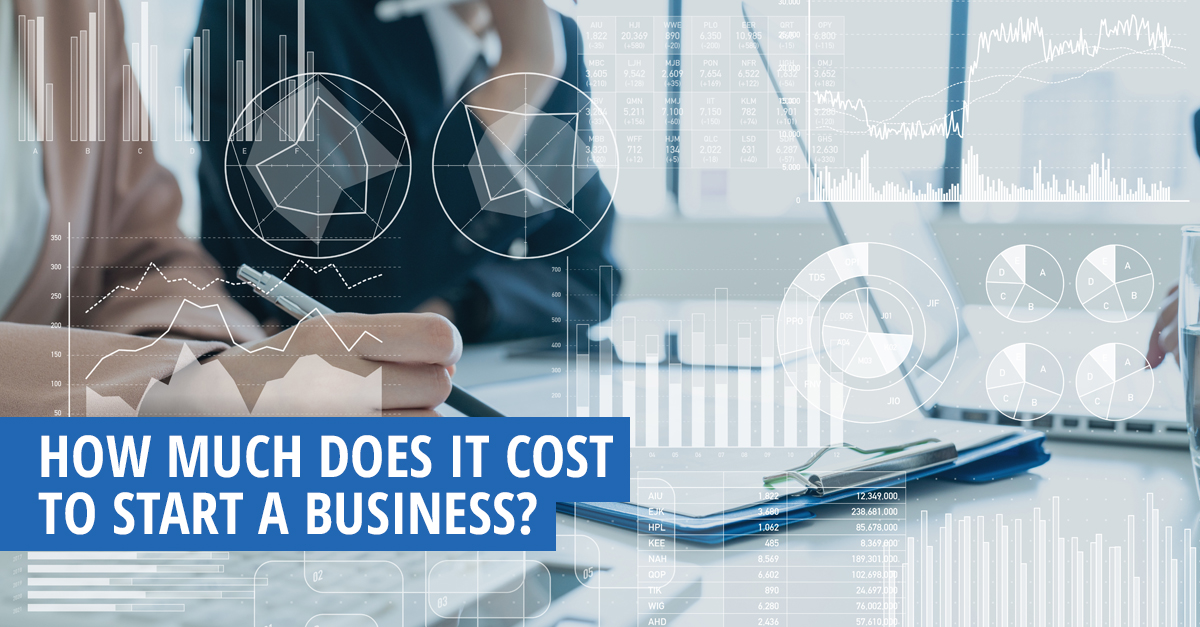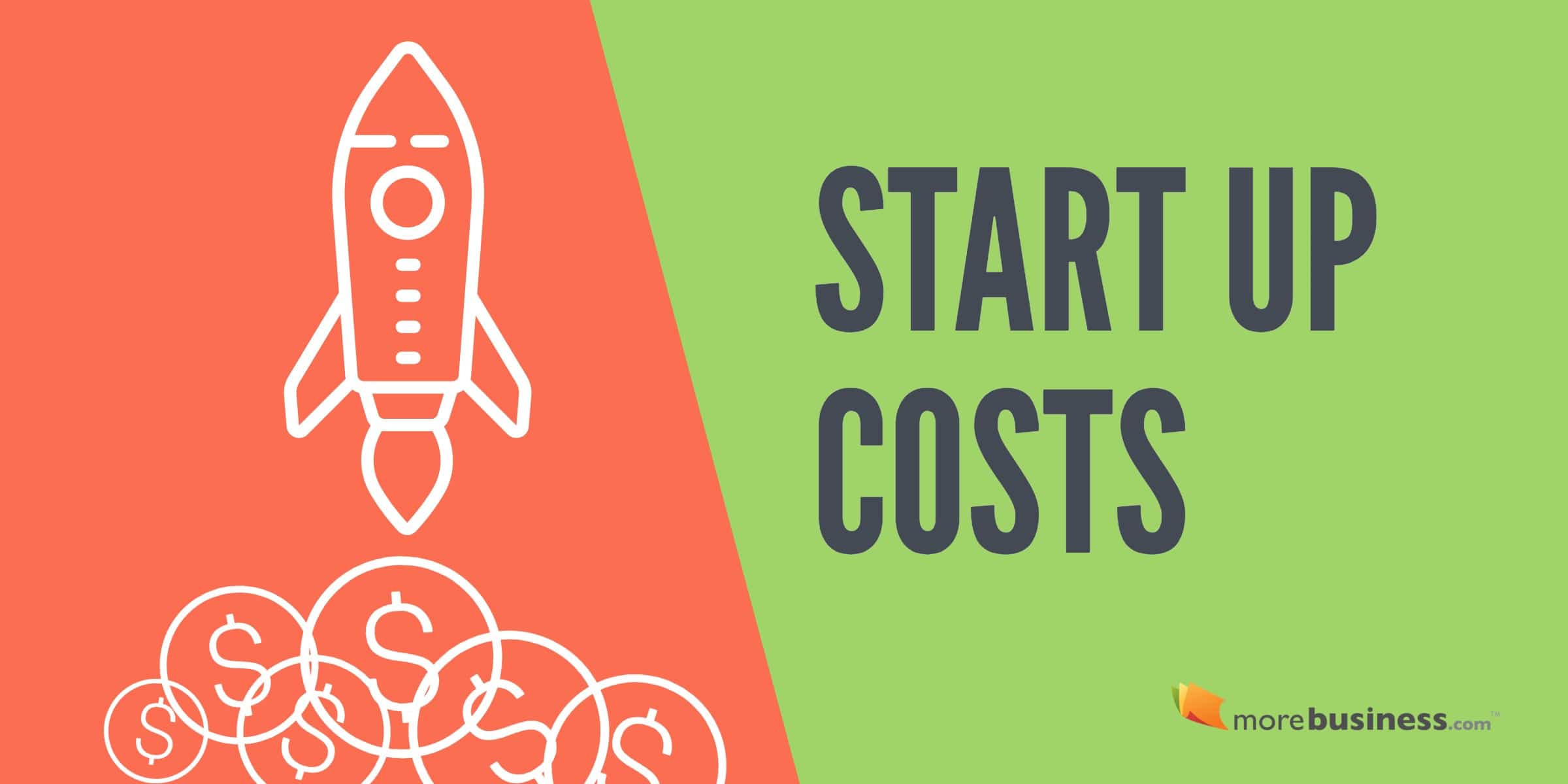How Much Does It Cost To Start A New Business
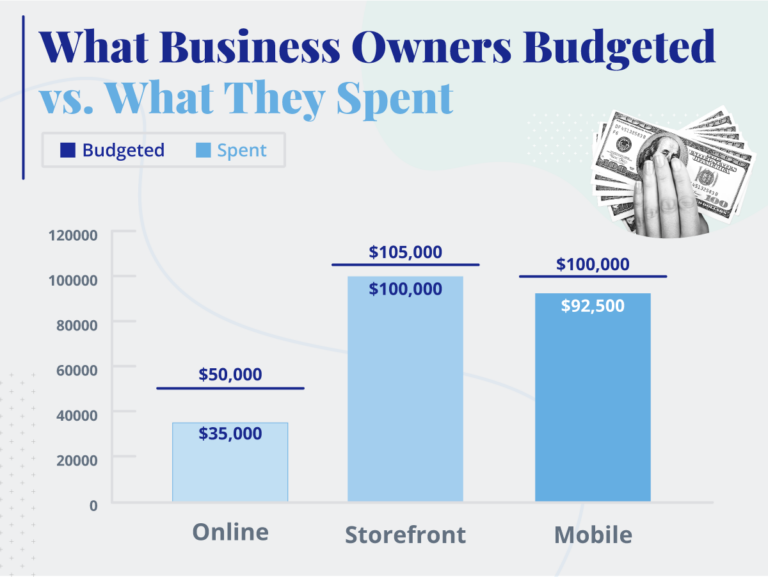
Imagine standing at the precipice of a dream, a new business shimmering in your mind's eye. The aroma of freshly brewed coffee fills the air as you envision your cafe bustling with customers, or perhaps you see lines of code dancing across your screen, bringing your innovative app to life. But then reality gently nudges you: how much will all this actually cost?
The cost of starting a new business is a multifaceted question with no single, simple answer. This article will delve into the key factors influencing startup costs, providing a realistic overview to help aspiring entrepreneurs navigate the financial landscape.
Understanding the Variable Costs
One of the biggest misconceptions is that there’s a universal price tag for launching a business. According to the Small Business Administration (SBA), startup costs vary wildly depending on the industry, business model, and geographical location.
A simple online business might require only a few thousand dollars to cover website development and marketing. A brick-and-mortar retail store, on the other hand, could demand hundreds of thousands, factoring in rent, inventory, and staff.
Industry Matters
The type of business you choose dramatically impacts startup costs. Service-based businesses, like consulting or freelance writing, often have lower barriers to entry, requiring minimal overhead.
Manufacturing or restaurant ventures, conversely, entail significant investments in equipment, raw materials, and regulatory compliance.
According to a 2023 report by Statista, the average cost to start a restaurant can range from $275,000 to over $425,000, while a home-based online business might only require a few thousand dollars.
Business Model: Online vs. Brick-and-Mortar
The choice between an online or physical presence profoundly shapes your initial investment. An e-commerce business eliminates the need for expensive retail space, but requires a robust online platform and marketing strategy.
A brick-and-mortar store, while incurring higher rent and utility expenses, offers the advantage of face-to-face customer interaction and a tangible brand experience.
The National Federation of Independent Business (NFIB) regularly surveys small business owners about their startup costs, providing valuable insights into this crucial decision.
Location, Location, Location
Real estate costs are a major factor, especially for businesses needing physical premises. Renting an office or retail space in a bustling metropolitan area will naturally cost more than in a smaller town.
Local regulations and permitting fees also vary widely, impacting overall startup expenses. Researching local market conditions is crucial before making any commitments.
"Understanding the cost of doing business in a particular area is paramount," advises Maria Contreras-Sweet, former head of the SBA. "It can make or break a nascent enterprise."
Breaking Down the Essential Costs
While the overall price tag varies, certain essential costs are common to most new businesses. These include legal fees, marketing expenses, and technology investments.
These costs can often be underestimated, leading to budget shortfalls down the line.
Legal and Administrative Costs
Setting up your business legally involves costs for registering your business name, obtaining licenses and permits, and potentially consulting with an attorney. The type of business structure (sole proprietorship, LLC, corporation) also affects legal fees.
Budgeting for these costs upfront ensures compliance and protects your personal assets.
Marketing and Branding
Creating a strong brand and reaching your target audience is crucial for success. This involves designing a logo, developing a website, and implementing a marketing strategy.
Allocating sufficient funds for marketing, both online and offline, is essential for generating initial buzz and attracting customers.
Technology and Equipment
In today's digital age, technology is indispensable. This includes computers, software, and potentially specialized equipment depending on the nature of your business.
Investing in reliable technology improves efficiency and productivity.
Funding Your Dream
Once you have a realistic estimate of your startup costs, the next step is securing funding. Common options include personal savings, loans from banks or credit unions, and investment from angel investors or venture capitalists.
Each option has its pros and cons, so choose wisely based on your specific circumstances.
Starting a business is undoubtedly a challenging but rewarding journey. By carefully assessing your potential costs, securing adequate funding, and embracing a spirit of resilience, you can transform your vision into a thriving reality. Remember, every successful business began with a single step, fueled by passion and meticulous planning.
